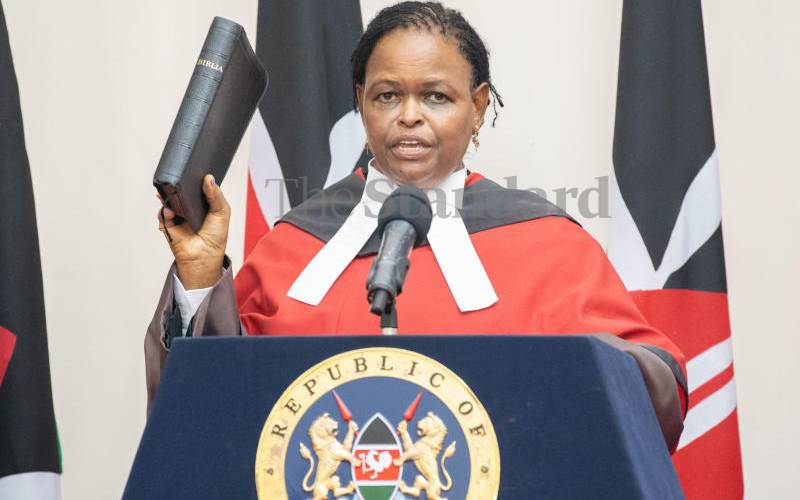
Since ancient times, women have ascended to powerful leadership positions breaking customary norms in largely patriarchal societies. The Bible has the story of Deborah, a prophetess of God and the fourth judge of Israel. African history is rich with stories of Queen Makeda of Sheba, Queen Amanirenas of the Kush Kingdom, Queen Ranavalona of Madagascar, Queen Nandi of the Zulu Kingdom, Queen Nzingha of Angola, Queen Amina of Zaria and Pharoah Hatshepsut.
2021 has so far been a remarkable year for women leadership. On April 4th, President Vjosa Osmani took the helm as the fifth president of Kosovo. In March, the world followed the inauguration of President Samia Suluhu Hassan as the first female president of Tanzania. In January, it was the American inauguration ceremony of President Joe Biden and Vice President Kamala Harris that earned absolute admiration from many.